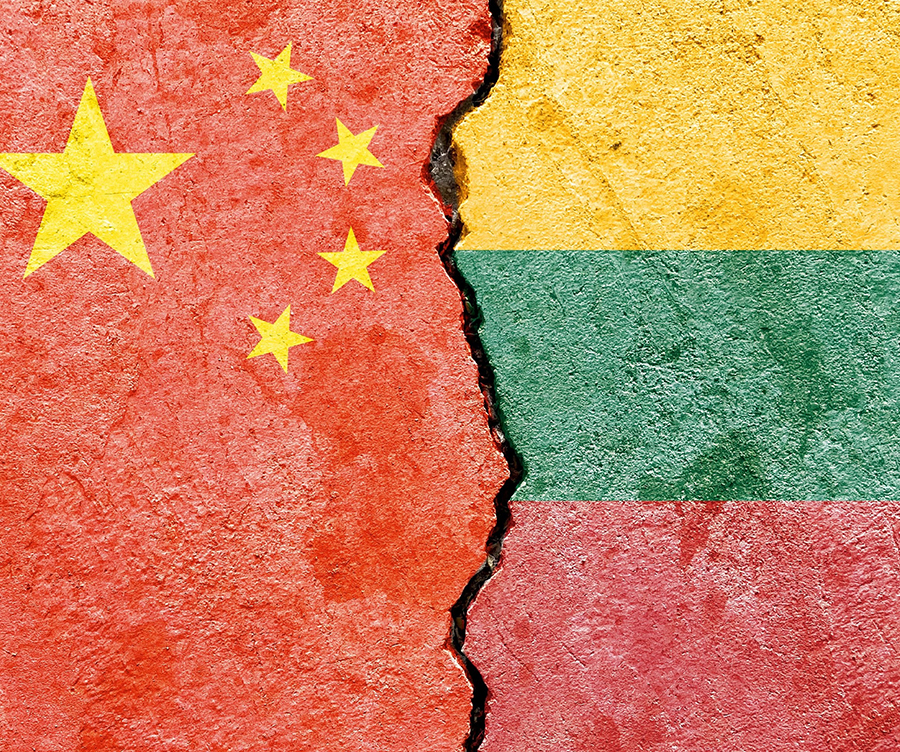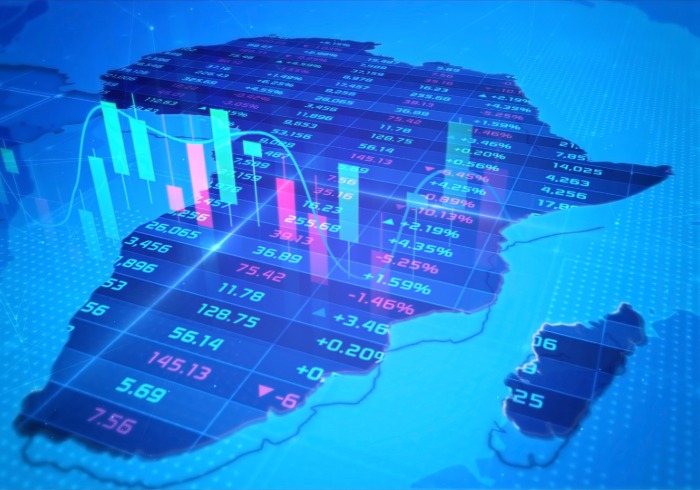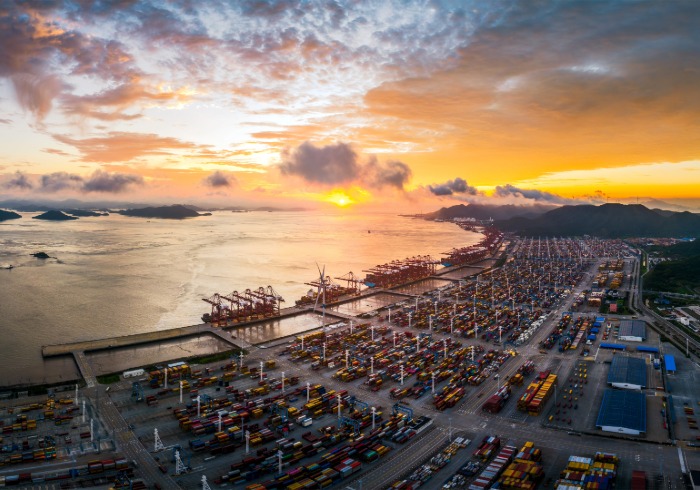A Lithuanian official says a spat over alleged restrictions by China poses a challenge to the World Trade Organization’s (WTO)’s ability to protect rules-based trade.
As the European Union prepares for WTO dispute settlement consultations with China over what it says are discriminatory trade practices against Lithuania, Vytautė Šmaižytė-Kuliešienė, spokesperson for the country’s ministry of foreign affairs, tells GTR that the issue is “about the integrity of trade rules that need to be protected by all like-minded trading actors”.
“It is a test to the WTO and its ability to act as guardian of the multilateral trading system,” she says.
The tensions between the world’s most populous country and one of the EU’s smallest states came about in November last year, when Taiwan opened a de facto embassy in the Lithuanian capital Vilnius under its own name, rather than under the Beijing-approved ‘Taipei’.
The response from China was immediate. Calling the opening of the representative office an “egregious precedent”, the Chinese ministry of foreign affairs downgraded its diplomatic relations with Lithuania to the chargé d’affaires level. In a strongly worded statement released in mid-November, the ministry called on Lithuania to “immediately put right its mistake and not to underestimate the Chinese people’s strong resolve, will and capability to defend national sovereignty and territorial integrity.”
Since then, the EU says it has collated numerous instances of Chinese restrictions on trade with its seventh-smallest member state.
In a complaint filed with the WTO on January 31, it cites “error messages on the IT systems used to input data necessary to secure customs clearance from the Chinese customs authorities, containers being blocked in Chinese ports pending customs clearance, and failures on the part of the Chinese customs authorities to process requests for customs clearance in due time or at all”, adding that these restrictions are “novel, numerous, recurrent, persisting and strongly correlated in temporal and substantive terms, as well as in terms of the provenance of the goods”.
The US, Australia and Taiwan have all expressed their support for the EU’s case, and the UK has also added its backing, with Anne-Marie Trevelyan, the UK’s secretary of state for international trade, saying today on Twitter that the country “will request to join the EU’s WTO consultation into these measures as a third party to ensure we combat economic coercion in trade together”.
While Vilnius has welcomed the support, Beijing is markedly unimpressed. In a regular press conference held yesterday, Chinese foreign ministry spokesperson Zhao Lijian said: “China urges Lithuania to face up to the objective facts, mend its ways, and come back to the right track of adhering to the one-China principle. It should stop confounding right with wrong and maliciously hyping things up, let alone trying to rope other countries into ganging up on China.”
Speaking to GTR today, Šmaižytė-Kuliešienė says: “Lithuania wants normal pragmatic relations with China, but they should be based on mutual respect and free from any pressure. Lithuania did not violate any of its obligations to China. It is China which is violating the rules of international trade for political gains.”
Under WTO rules, the EU and China have 60 days to consult with each other to reach a settlement. If none is reached, the EU can request the establishment of a panel of judges to hear the dispute. However, the WTO’s highest dispute court, the appellate body, remains hamstrung by its lack of quorum, after the US repeatedly blocked the appointment of new judges, which means that no disputes can now be resolved at the highest instance.
A temporary body – the Multi-Party Interim Appeal Arbitration Arrangement (MPIA) – is in place, to which both the EU and China are signatories. This means that a path to dispute settlement within the WTO exists for both sides, as long as they agree to be bound by it, and Lithuania is hoping that its tussle with China can be used as a test case for others.
“Lithuania is not the first country to experience economic coercion. Our case is another illustration of the fact that coercive practices undermine the very basic principles of the WTO and, therefore, require a systemic approach,” says Šmaižytė-Kuliešienė. “Only by staying firm and united in defending global trade rules can we prevent illegal practices and ensure that global trade rules are respected, as they should be by all WTO members, including China.”







